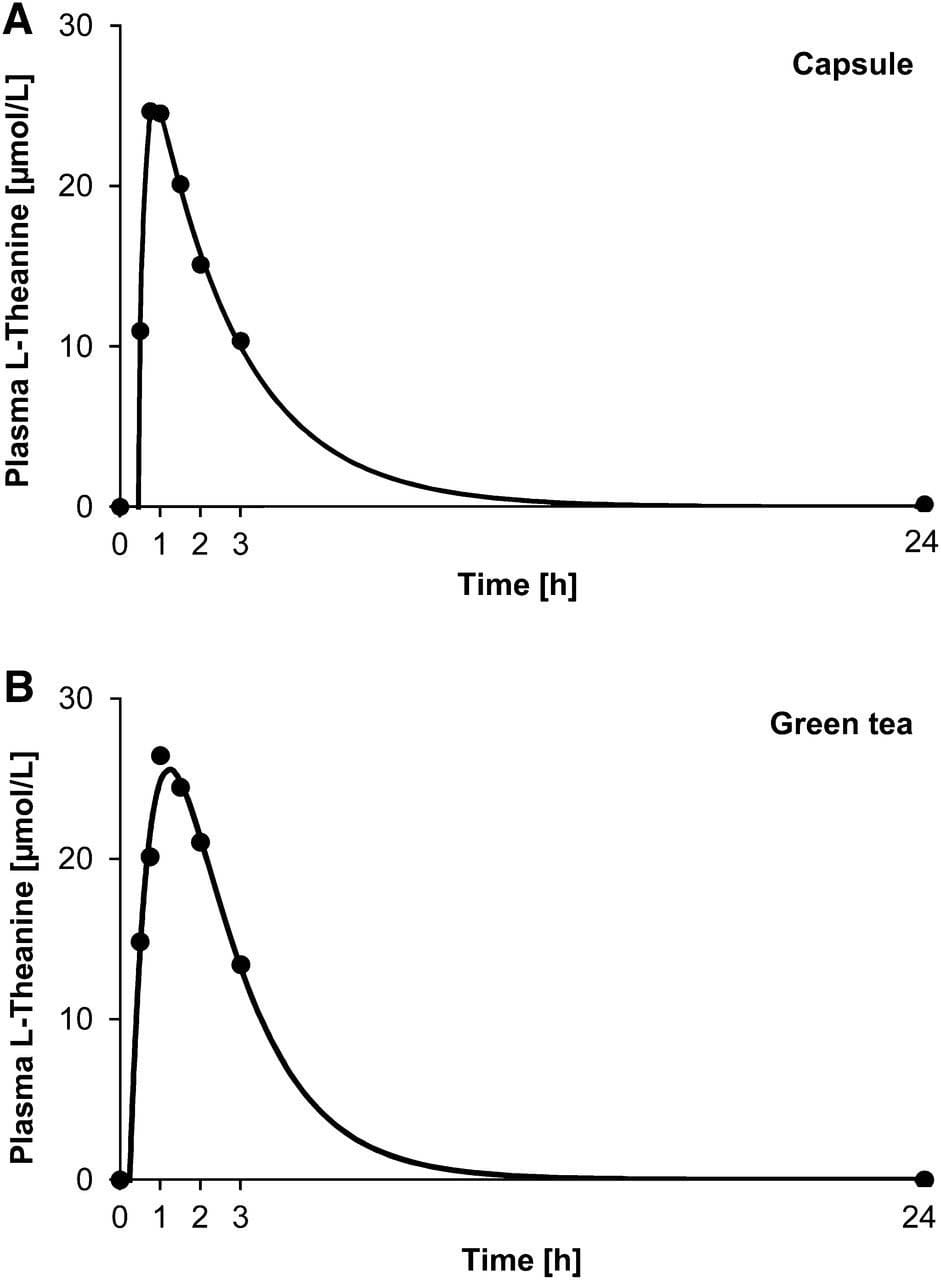LessWrong 2.0 Reader
View: New · Old · Topnext page (older posts) →
Wei Dai (Wei_Dai) · 2019-07-30T18:09:48.524Z · comments (45)
Matthew Barnett (matthew-barnett) · 2019-07-30T13:54:14.406Z · comments (0)
jacobjacob · 2019-07-30T11:16:58.633Z · comments (18)
jacobjacob · 2019-07-30T10:03:00.202Z · answers+comments (4)
CronoDAS · 2019-07-30T09:58:39.813Z · comments (8)
Tuk · 2019-07-30T03:07:00.515Z · comments (0)
Eli Tyre (elityre) · 2019-07-29T22:59:33.170Z · answers+comments (31)
Stuart_Armstrong · 2019-07-29T16:35:19.561Z · comments (18)
Yoav Ravid · 2019-07-29T07:45:04.365Z · answers+comments (0)
johnswentworth · 2019-07-28T15:49:17.570Z · answers+comments (3)
Davidmanheim · 2019-07-28T09:32:25.878Z · comments (4)
Davidmanheim · 2019-07-28T09:30:29.792Z · comments (7)
philh · 2019-07-27T22:05:11.318Z · answers+comments (24)
Slider · 2019-07-26T04:14:06.930Z · answers+comments (0)
Closed Limelike Curves · 2019-07-26T03:51:34.447Z · comments (2)
Raemon · 2019-07-26T01:12:31.724Z · answers+comments (0)
TurnTrout · 2019-07-26T01:00:34.684Z · answers+comments (5)
Wei Dai (Wei_Dai) · 2019-07-25T07:18:06.552Z · comments (14)
jessicata (jessica.liu.taylor) · 2019-07-24T06:21:54.487Z · comments (7)
Said Achmiz (SaidAchmiz) · 2019-07-23T03:38:45.992Z · comments (57)
NoSignalNoNoise (AspiringRationalist) · 2019-07-23T00:47:42.743Z · comments (0)
Rohin Shah (rohinmshah) · 2019-07-22T17:00:01.759Z · comments (6)
Eruvnal · 2019-07-22T16:35:45.533Z · answers+comments (3)
NoSignalNoNoise (AspiringRationalist) · 2019-07-22T03:32:19.106Z · comments (8)
Evan_Gaensbauer · 2019-07-22T02:31:47.273Z · answers+comments (12)
Raemon · 2019-07-21T19:56:54.102Z · answers+comments (9)
johnswentworth · 2019-07-21T18:14:34.207Z · comments (2)
Sunny from QAD (Evan Rysdam) · 2019-07-21T07:01:45.068Z · comments (3)
Mati_Roy (MathieuRoy) · 2019-07-21T05:26:14.082Z · answers+comments (8)

